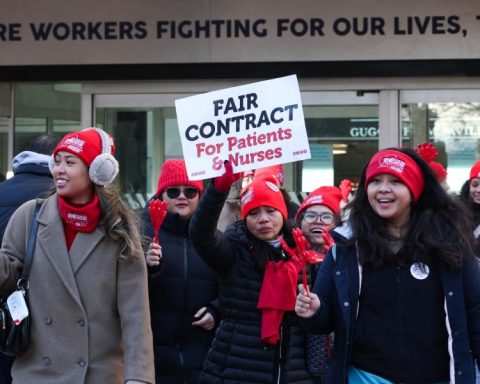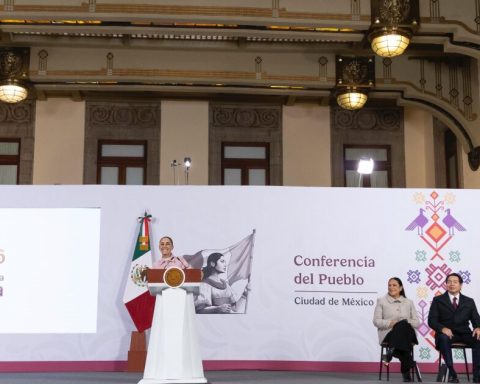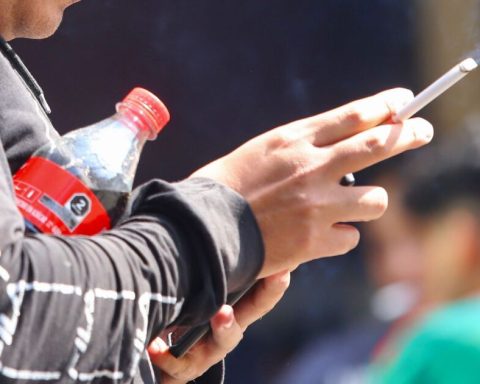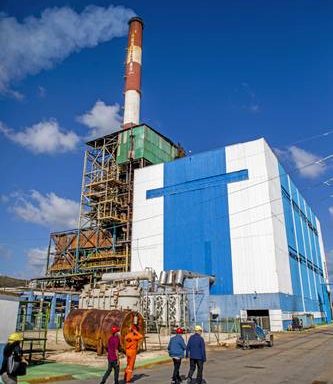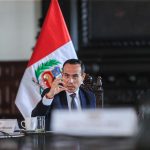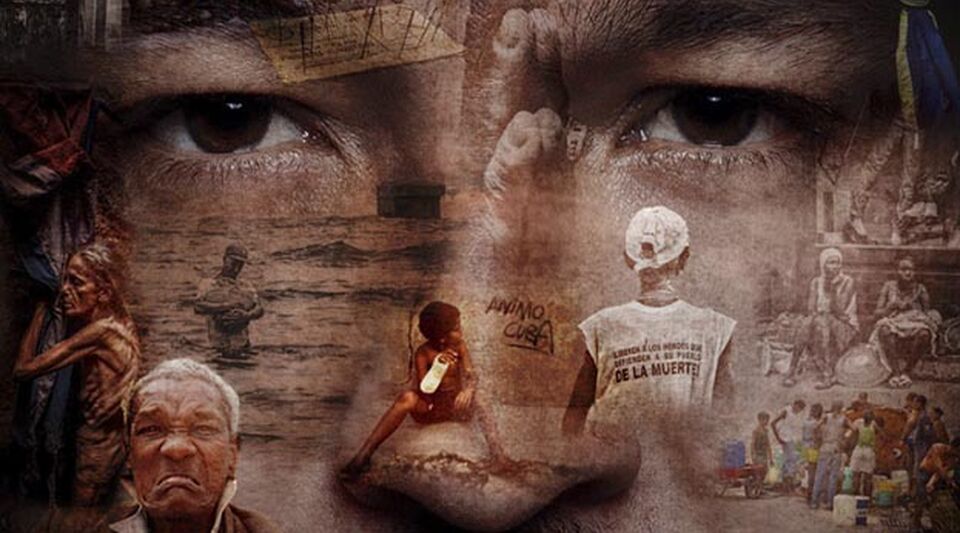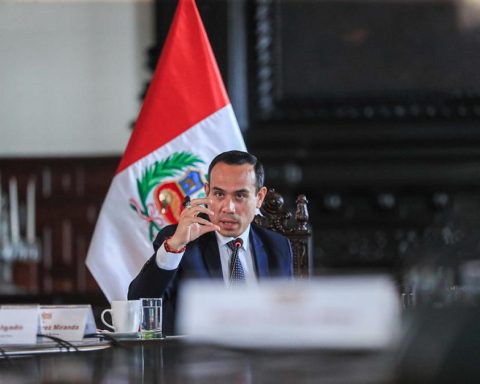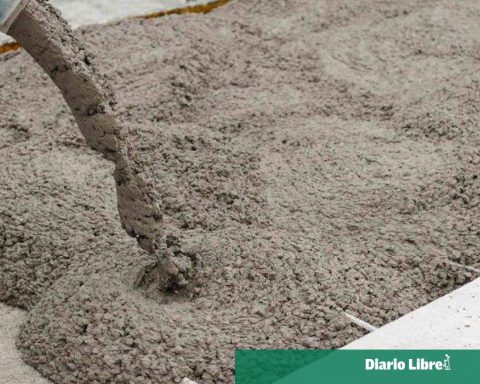AND
n July 1997, many We Mexicans celebrate the peaceful elections for federal deputies and for the head of government in the Federal District, which clearly opened the avenues through which democracy, barely designed and constituted, could travel. The road had been long and eventful, after the violent, criminal and brutal outcome of the student movement of 1968. The tragic afternoon of Corpus Thursday and the hard days of the 70s, when the workers’ insurgency and popular demanded for its place in history that it was thought was about to start with a thorough review of the fundamental postulates inherited from the Revolution and, to a large extent, included in the 1917 Constitution.
It can be said that, for the first time, we Mexicans went to the polls to cast a vote that, we trusted, would be counted and counted once the parties and candidates did their math. We were also attending the first election to elect a ruler in the Federal District, which Cuauhtémoc Cárdenas won fair and square and his Cardenista wave asserted for a long time, as a more than efficient sign that cardenismo
he lived and was willing to count on an eventual political and social transformation of Mexico.
Huge steps, no doubt. Both the electoral process and the alternation in the constituted power ceased to be cubicle issues to begin to be part of public life. In fact, it marked the end of the hegemony of a single party, not only in Congress, but in national life.
Much has been gained, but not the end of the road. It was necessary to walk towards the reform of the State, to adjust the political regime, the laws and institutions to the new realities created by the votes; to transcend what until that moment had focused all the attention: the electoral scope of the rules and procedures of the dispute for formal power, absorbed in the limitation of presidential excesses.
Leaving behind decades of back and forth, disagreements and minimal agreements, marathon meetings, millionaire resources destined to strengthen the plural system.
The latter was strengthened; freedoms and rights were expanded, but not the fulfillment of social rights, constitutionally enshrined since 2011. In short, the attention to the social issue that we summarize in poverty of many and acute inequalities, has remained off the radar and off the agenda of political actors and party forces.
Inequality, thus, contaminated and contaminates policies and programs aimed at alleviating the poorest and most vulnerable, as well as those more ambitious aimed at modulating the mechanisms and customs that have made inequality a kind of cultural formation nested in the deepest of social and economic structures.
Our political scene, competitive and plural, has derived in a privileged place for political bureaucracies, for opportunistic calculation and forgot
of fundamental topics. Precocious impoverishment of political discussion and exchanges, colonization of careerists.
Growing deterioration of democratic values that require commitments, transparent actions, debates. And a lot of robust deliberation.
Premature wear and tear that has been disguised as disagreements and polarizations, but at the base of which is the slacking off of actors who gradually accommodated themselves to the abuses of power and the irresponsibility to discuss and agree on points for a common perspective. Usufructuaries of a culture
and an ideology that maintains contents and ingredients of authoritarianism.
Some notes to intervene in the tribute to Cuauhtémoc Cárdenas organized by UNAM last Thursday at El Palacio de Minería

